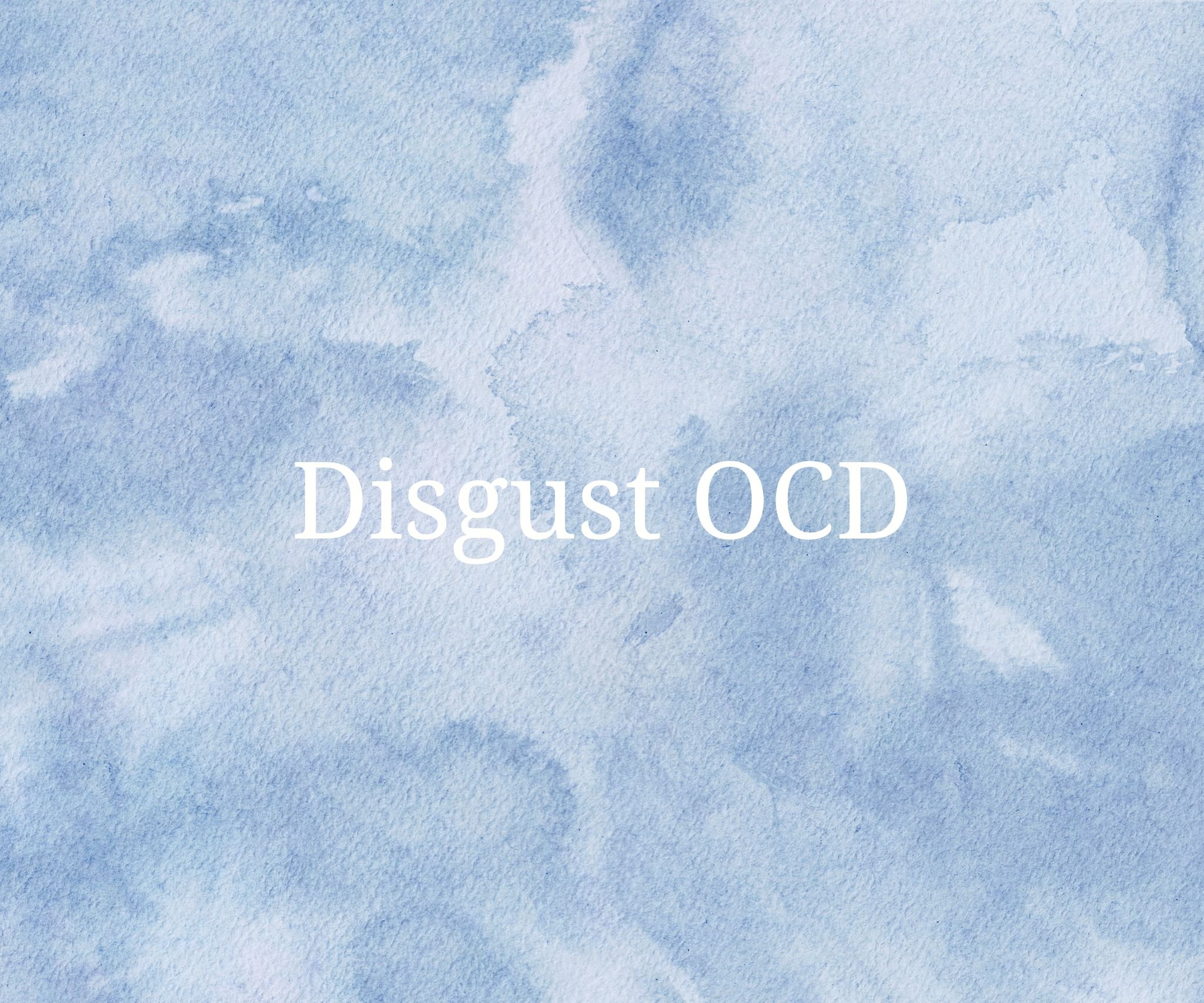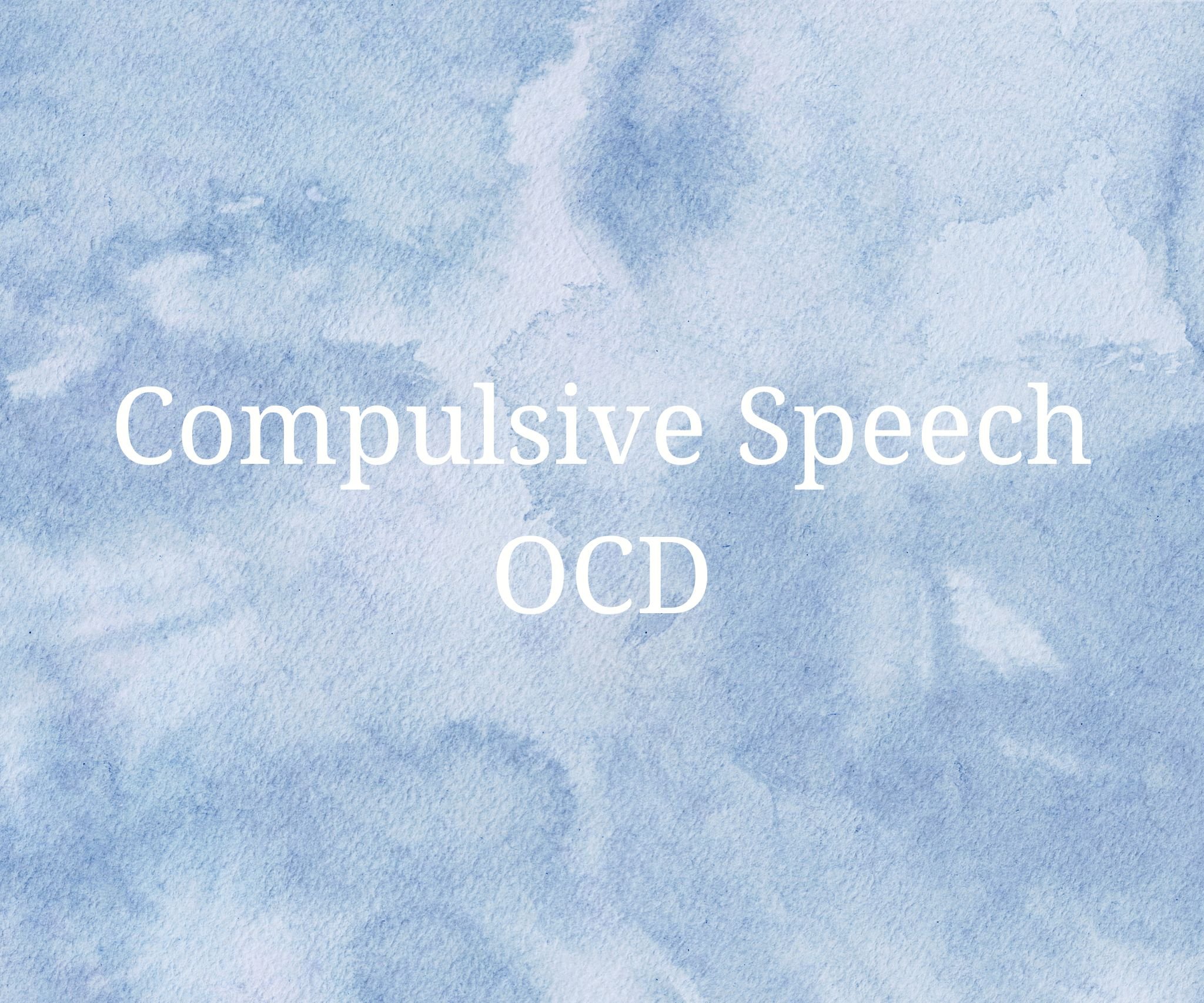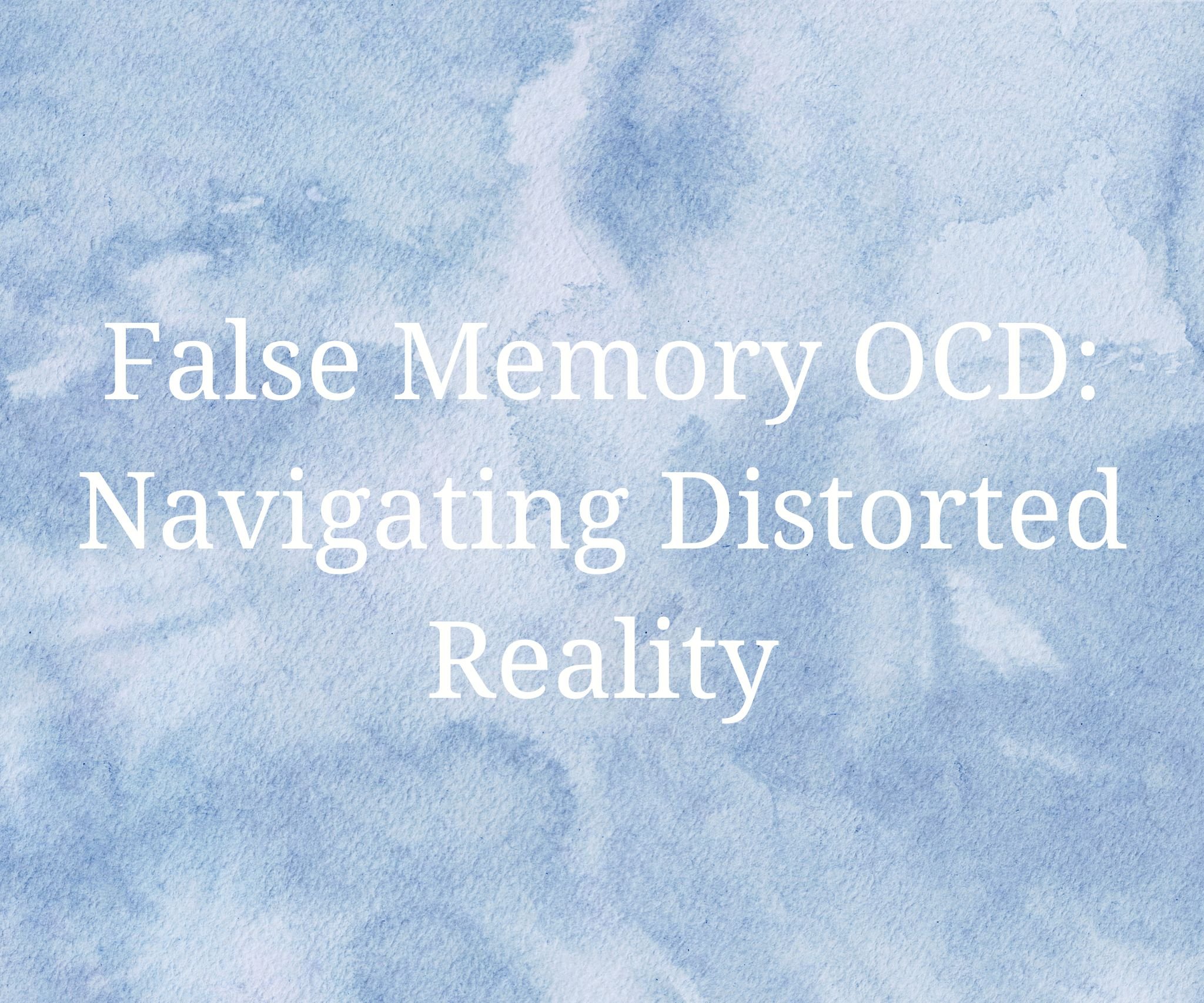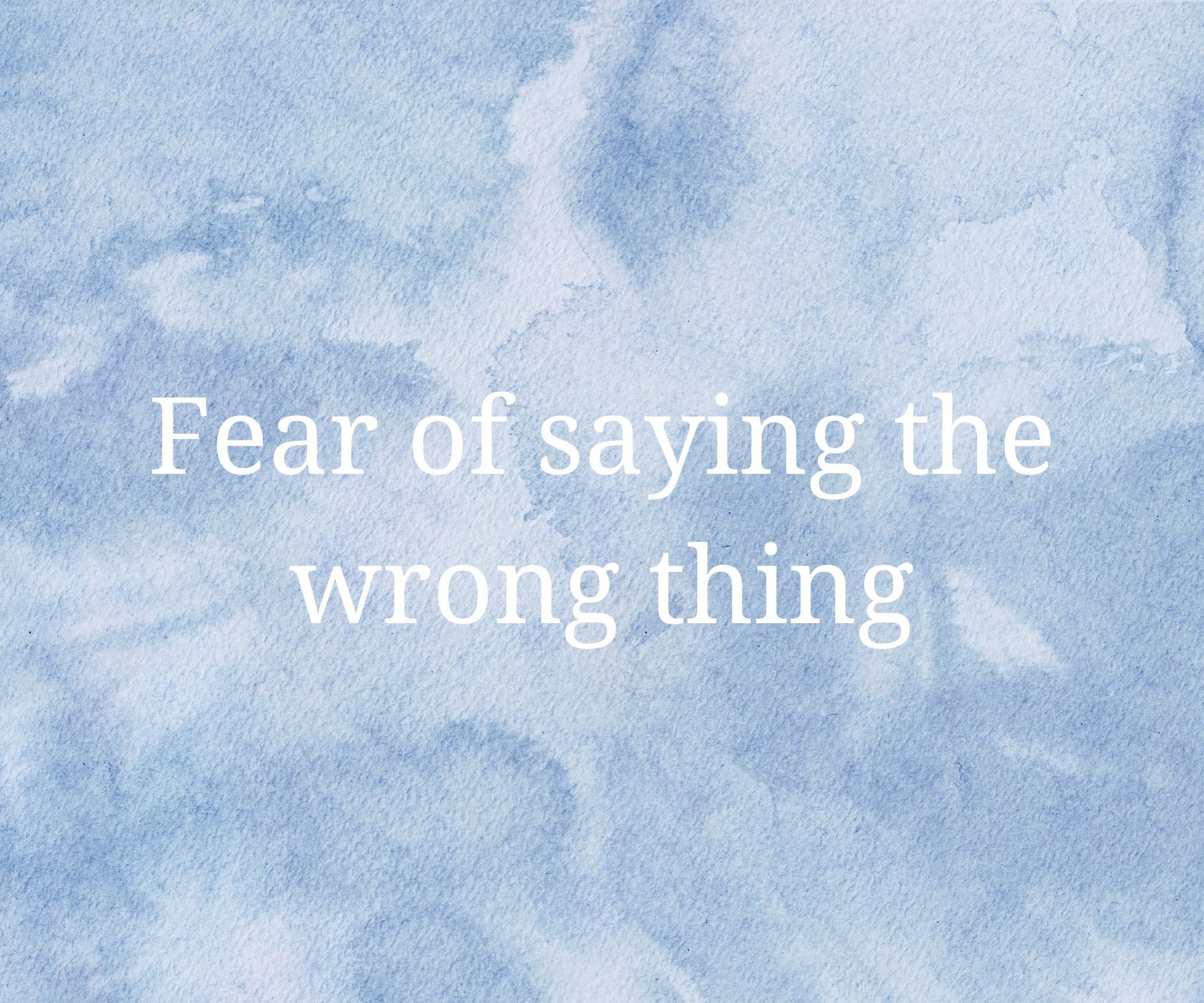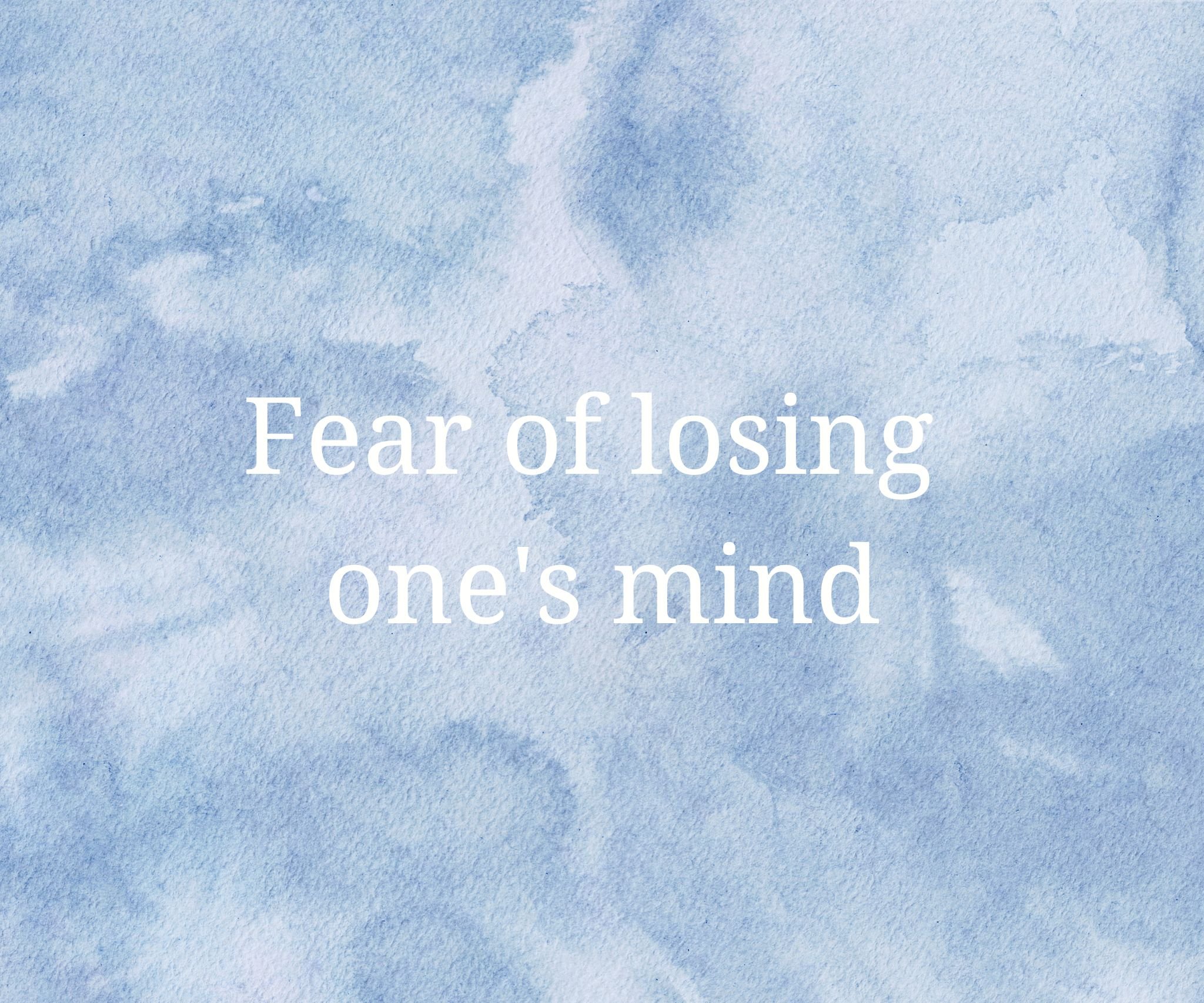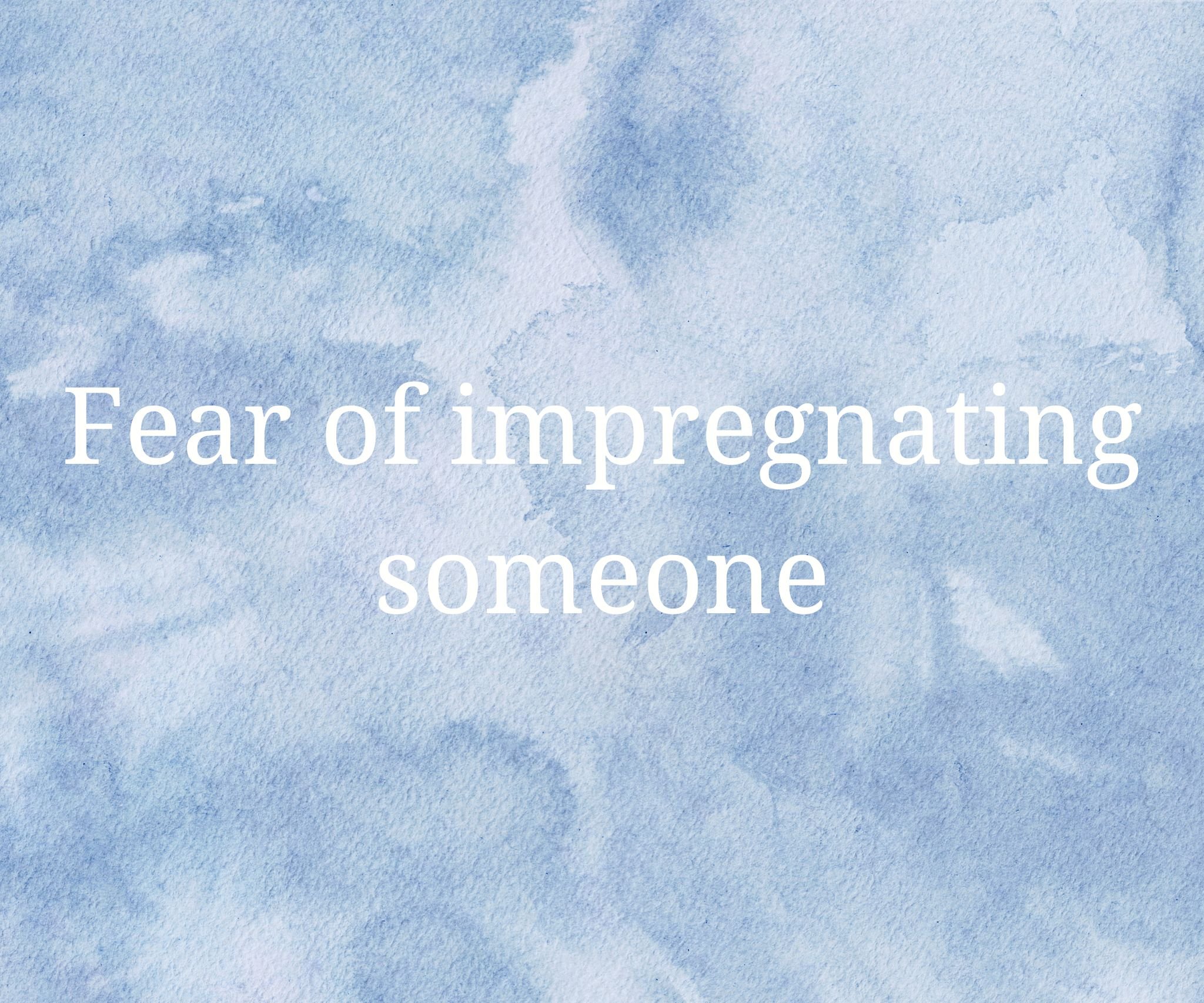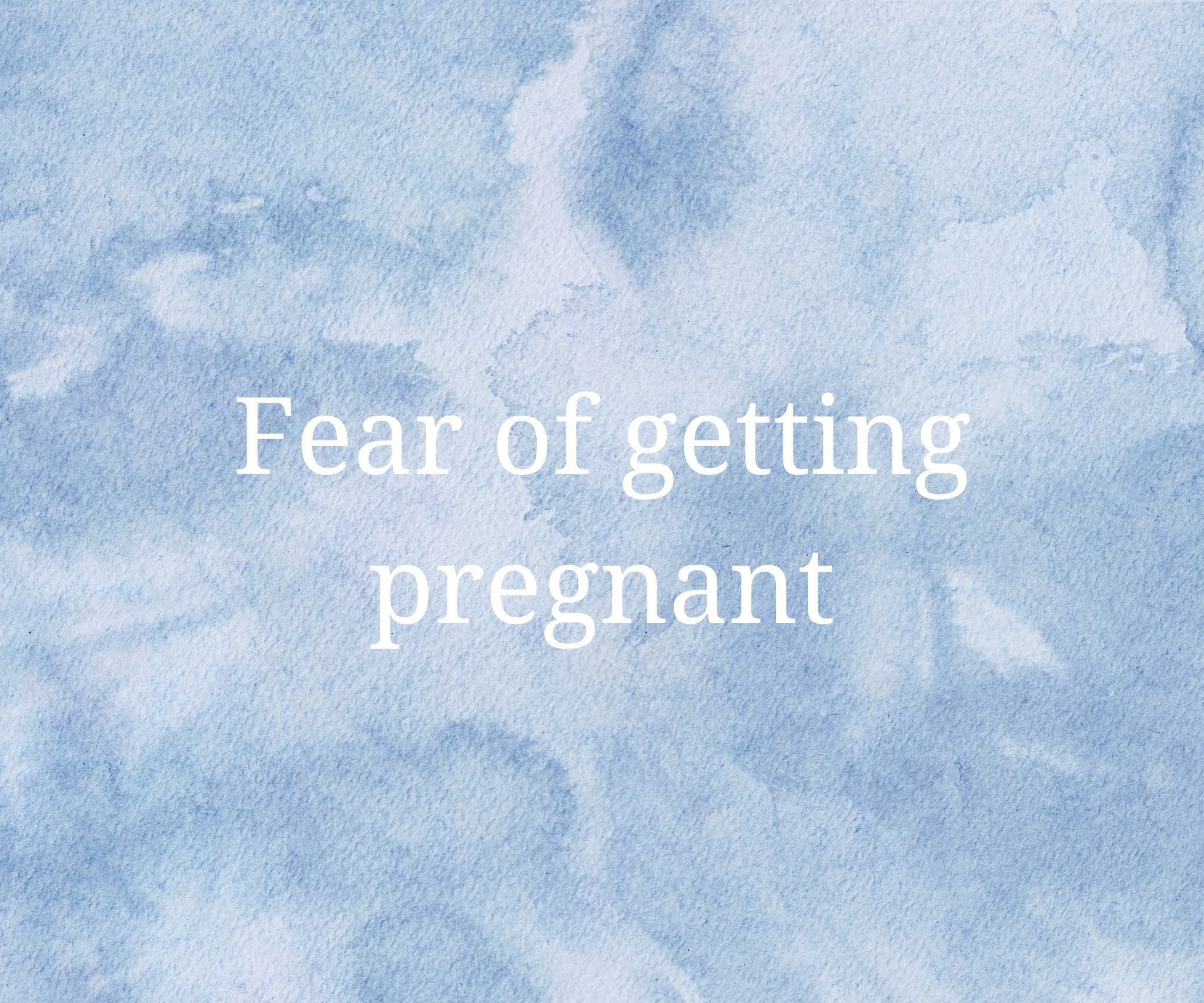Dictionary
Disgust OCD
Individuals with disgust OCD often experience intense anxiety, fear, and shame related to their intrusive thoughts and images, which can center around a variety of themes, such as bodily secretions, bodily fluids,
Compulsive Speech OCD
Compulsive Speech OCD is characterized by the urge to repeatedly ask questions, make statements, or repeat certain words or phrases. People with Compulsive Speech may feel an overwhelming need to clarify or confirm information, even if it is already known, or may experience anxiety and discomfort when they are unable to express themselves adequately. This type of OCD can be both distressing and disruptive to daily life, impacting social relationships, work, and other important areas of life.
Compulsive Speech is sometimes driven by the fear of saying the wrong thing or making a mistake, and the compulsive behaviors associated with it are often performed in an attempt to alleviate this anxiety. The compulsions can range from mild and occasional, to severe and persistent, and can interfere with daily life and cause significant distress. It can also often lead to avoidance of social interaction.
False Memory OCD: Navigating Distorted Reality
False memory OCD is a subtype of OCD in which individuals experience intrusive thoughts and doubts about the accuracy of their memories. These doubts can lead to significant distress, as individuals may question their own perceptions and reality.
False memory OCD can manifest in many ways, including questioning the accuracy of past events, thoughts about harming others, and intrusive thoughts about inappropriate or sexual acts. The fear of having acted on these thoughts can lead to intense guilt and shame, further fueling the cycle of obsessions and compulsions.
Fear of saying the wrong thing
For some individuals, OCD may involve a fear of saying the wrong thing, which can cause significant distress and interfere with daily functioning.
Individuals with this type of OCD may experience intrusive thoughts or images about saying something inappropriate, offensive, or embarrassing. These thoughts can cause intense anxiety and shame, leading individuals to engage in compulsive behaviors aimed at reducing their anxiety, such as seeking reassurance from others, avoiding social situations, or excessively self-censoring their speech.
Fear of losing one's mind
This is a type of illness anxiety that involves a fear of losing one’s mind or developing a mental or neurocognitive disorder. This fear can manifest in many different ways, including a fear of postpartum psychosis, schizophrenia, bipolar disorder, and Alzheimer’s disorder, and can have a profound impact on one's daily life. This fear leads to repetitive and intrusive thoughts, which can take many different forms, including a fear of losing control of one's thoughts or actions.
Fear of impregnating someone
One of the common themes of OCD is fear of harm or fear of causing harm to oneself or others. This is a fear of accidentally impregnating a woman even if no intercourse occurred.
Common compulsions include excessive hand and whole body washing, especially after masturbating, using several forms of birth control simultaneously, avoiding public showers, gyms, swimming pools, and saunas, asking for reassurance, etc.
Fear of getting pregnant
This type of OCD typically involves excessive worry about the possibility of becoming pregnant. These kinds of intrusive thoughts may occur even in the absence of any sexual activity.
Some examples of compulsions that might be associated with a fear of accidentally getting pregnant include:
Constantly checking for pregnancy symptoms or taking pregnancy tests multiple times a day (often even in cases where there was no sexual intercourse)
Repeatedly asking others for reassurance that you are not pregnant
Checking if a sexual act somehow accidentally happened during the day without the person noticing it
Checking for the possibility of “catching” semen at gyms, saunas, swimming pools, subways, public washrooms, crowds, etc.
It is important to note that while these behaviors may provide temporary relief from anxiety, they ultimately serve to maintain and exacerbate the cycle of obsessions and compulsions.
Hit-and-run OCD
This is a subtype of OCD (obsessive-compulsive disorder) characterized by recurrent, distressing thoughts or images of having hit someone with a vehicle and not stopping to help. These thoughts or images may be accompanied by intense feelings of guilt, shame, and anxiety.
Individuals with hit-and-run OCD may experience a variety of compulsions in response to their obsessions. Some common compulsions include checking the news for reports of hit-and-runs, repeatedly retracing one's steps to ensure that no one was hit, and confessing to friends or family members about the imagined hit-and-run.
Incel OCD
Men with this OCD subtype are afraid that they may become an incel, a toxic, misogynistic person, never be able to find a romantic partner, or cause harm to others.
Common compulsions include:
Constantly evaluating your appearance
Seeking reassurance in terms of how attractive women may find you
Monitoring your thoughts for any sexist or misogynistic content and trying to get rid of, out-argue, or neutralize them.
Seeking online information about incels or visiting related social media and forums to self-reassure that you are not an incel
Self-punishment
Avoiding social situations out of fear of “snapping” and harming other people
This type of OCD is rarely discussed but the treatment is the same as the treatment of other OCD types and includes a combination of ERP and ACT.
Just-right OCD
It is also known as Exactness OCD or Perfection OCD and is characterized by a need for things to be just right or perfect. People with Just-Right OCD have an intense fear of making mistakes or causing harm, and this fear drives them to engage in repetitive behaviors such as checking, counting, or arranging things in a specific order.
Just-Right OCD can have a significant impact on daily life, as it often affects a person's ability to complete simple tasks such as getting dressed, eating, or going to work or school. The compulsive behaviors associated with Just-Right OCD can be time-consuming and exhausting, leaving little time for other activities or relationships.
Less-known OCD types
OCD can present in a variety of forms and can affect individuals in different ways. While the most well-known forms of OCD involve intrusive thoughts related to contamination, harm, or symmetry, there are also some rare and obscure forms of OCD that can impact an individual's daily life. Here is a list of some of the most obscure and rare forms of OCD and a brief description of each:
1. Harm OCD: This type of OCD involves intrusive thoughts about causing harm to oneself or others. These thoughts can be incredibly distressing and may lead to compulsive behaviors aimed at preventing harm, such as physical and mental checking or seeking constant reassurance from others.
2. Scrupulosity OCD: This type of OCD is characterized by intrusive thoughts related to religious or moral issues, such as blasphemy or impure thoughts. Individuals with scrupulosity OCD may engage in compulsive behaviors aimed at alleviating the guilt and anxiety associated with these thoughts, such as excessive praying or confessing.
3. Sexual Orientation OCD (SO-OCD or HOCD): This type of OCD involves intrusive thoughts or doubts about one's sexual orientation. Individuals with HOCD may experience significant anxiety and may engage in compulsive behaviors aimed at determining their sexual orientation, such as seeking constant reassurance from others or excessively monitoring their sexual thoughts and behaviors.
4. Illness Anxiety: This type of OCD involves intrusive thoughts or concerns about one's health and the fear of having a serious illness. Individuals with health anxiety OCD may engage in compulsive behaviors aimed at reducing anxiety and preventing harm, such as excessive checking for symptoms, seeking constant medical reassurance, or avoiding situations that may trigger their health anxiety.
5. Fear of getting pregnant or fear of getting somepne pregnant: This type of OCD involves fear of accidentally becoming pregnant or impregnating someone, excessive concern over birth control methods and fear of their failure, fear of having had unprotected sex without noticing (and, therefore, multiple checking behaviours), or fear of accidentally impregnating a woman after using a public shower or sauna, or as a consequence of not thoroughly washing hands. People with this OCD type usually feel that no amount of protection from pregnancy is enough.
It is important to note that these types of OCD may not be commonly recognized or understood by healthcare professionals. If you are experiencing symptoms of OCD, it is important to seek help from a mental health professional who is trained in treating OCD and can provide an accurate diagnosis and effective treatment plan.
Morphing fears OCD
Morphing fear involves a fear of being contaminated by someone else's undesirable traits and characteristics, leading to a fear of becoming like that person. Morphing can include a wide range of fears related to changes in the appearance, shape, or size of objects, body parts, or even people.
A person may be afraid to be in contact with people who may potentially contaminate them with some undesirable traits or with their personality.
These fears can be extremely distressing and can significantly impact a person's quality of life. They can lead to feelings of anxiety, depression, and hopelessness, and can also lead to social isolation and difficulties in maintaining relationships.
Metaphysical OCD
It is also known as Existential OCD or Philosophical OCD and involves intrusive, distressing thoughts and worries about the nature of reality and existence. People with Metaphysical OCD often experience persistent doubts and fears about the meaning of life, death, the universe, and their own existence. These thoughts can be incredibly disruptive and distressing, and can lead to significant anxiety and fear.
The obsessions associated with Metaphysical OCD typically involve repetitive and distressing thoughts about the meaning and purpose of life, death, and the universe. For example, individuals with Metaphysical OCD may worry about the existence of an afterlife, the meaning of morality and ethics, or the nature of consciousness. These thoughts can be all-consuming and can cause significant distress and anxiety.
The compulsions associated with Metaphysical OCD may include repetitive behaviors or rituals aimed at reducing anxiety or finding relief from distressing thoughts. These behaviors can range from seeking constant reassurance from others, to engaging in repetitive thought patterns or excessive research. Compulsions may also involve self-harm, such as repetitively picking at skin or causing physical pain, in an attempt to prove one's own existence or to feel something real.
Pure-O OCD (Pure Obsessional OCD)
Pure-O OCD (Pure Obsessional OCD) is a subtype of OCD (Obsessive-Compulsive Disorder) characterized by recurrent, unwanted thoughts, impulses, or images (obsessions) that cause anxiety or distress. Individuals with Pure-O do not engage in visible compulsive behaviors such as counting, checking, or cleaning. But the term “pure-O” is somewhat misleading as individuals still compulse. They may mentally neutralize or counteract their obsessions through mental rituals such as mental praying, counting, or repeating words.
Sensorimotor/Hyperawareness OCD
People with this OCD type feel hyper-aware of their bodily functions, sensations, or thoughts. They often fear that they will never be able to concentrate on anything else and live a normal life.
Common obsessions are with:
Blinking
Swallowing
Thinking
Breathing
Salivation
Eye floaters
Heartbeat
Thoughts
Common compulsions include:
Monitoring the sensation
Trying to distract from the sensation
Trying to “override” or mask the sensation
Seeking reassurance
Treatment involves carefully analyzing compulsions and addressing the person’s relationship with their sensations using ERP and ACT.
Staring OCD (often confused with Visual Tourettic OCD, VT-OCD)
People with these OCD types have an urge to stare at others’ private parts. The person may never actually stare but is very concerned that he or she may be staring.
The symptoms may manifest with everybody and in every social situation or only with a specific category of people or in certain situations (with either men or women, with colleagues, people in an authority positin at work, in either group or individual settings, etc).
People with this OCD type engage in multiple compulsion to try and avoid staring, such as looking away, avoiding being close to people, avoiding social interactions, and even avoiding certain TV shows.
The treatment for this OCD type, just like for other OCD types is a combination of ERP and ACT.
Superstition-related OCD
This is a subtype of OCD is a type of scrupulosity OCD and is characterized by intrusive thoughts and compulsive behaviors related to religion, morality, and ethics. People with Superstition-related OCD experience intense anxiety and guilt over thoughts and actions that they perceive as morally or ethically wrong, and they engage in repetitive rituals in an attempt to alleviate this anxiety.
Superstition-related OCD can be particularly challenging to navigate, as it often involves beliefs that are deeply held and central to a person's identity. The compulsive behaviors associated with this subtype of OCD can also be time-consuming and interfere with daily life, making it difficult to maintain relationships, work, and other important activities.
Visual Tourettic OCD, VT-OCD, TOCD (often confused with Staring OCD)
People with this OCD type experience a strong urge to stare at people’s private parts. The person may either stare(consciously or subconsciously) or feel that they are staring but never actually doing it.
Another manifestation of VT-OCD is involuntarily noticing others’ private parts around them, in their peripheral vision.
The urge to stare is conceptualised as a compulsion, but unlike other OCD types (and unlike Staring OCD), this urge is very similar to a tic.
This OCD type is treated with ERP and ACT, like other OCD types but in some cases, it also often benefit from adding Habit Reversal Treatment (HRT) that is used in the treatment of body-focused repetitive behaviours.
Zoophilia (bestiality) OCD
This OCD subtype relates to fear about being sexually or romantically attracted to animals.
Common compulsions may include:
Seeking reassurance that you are not actually attracted to animals
Avoiding animals or even pictures of animals
Trying to have somebody else present when you are in a proximity of an animal (such as your pet)
Monitoring your thoughts and engaging in internal debates
Checking of you have a groinal response when you think of or see an animal
Like all other OCD types, Zoophilia and bestiality OCD can be successfully treated by a combination or ACT and ERP

